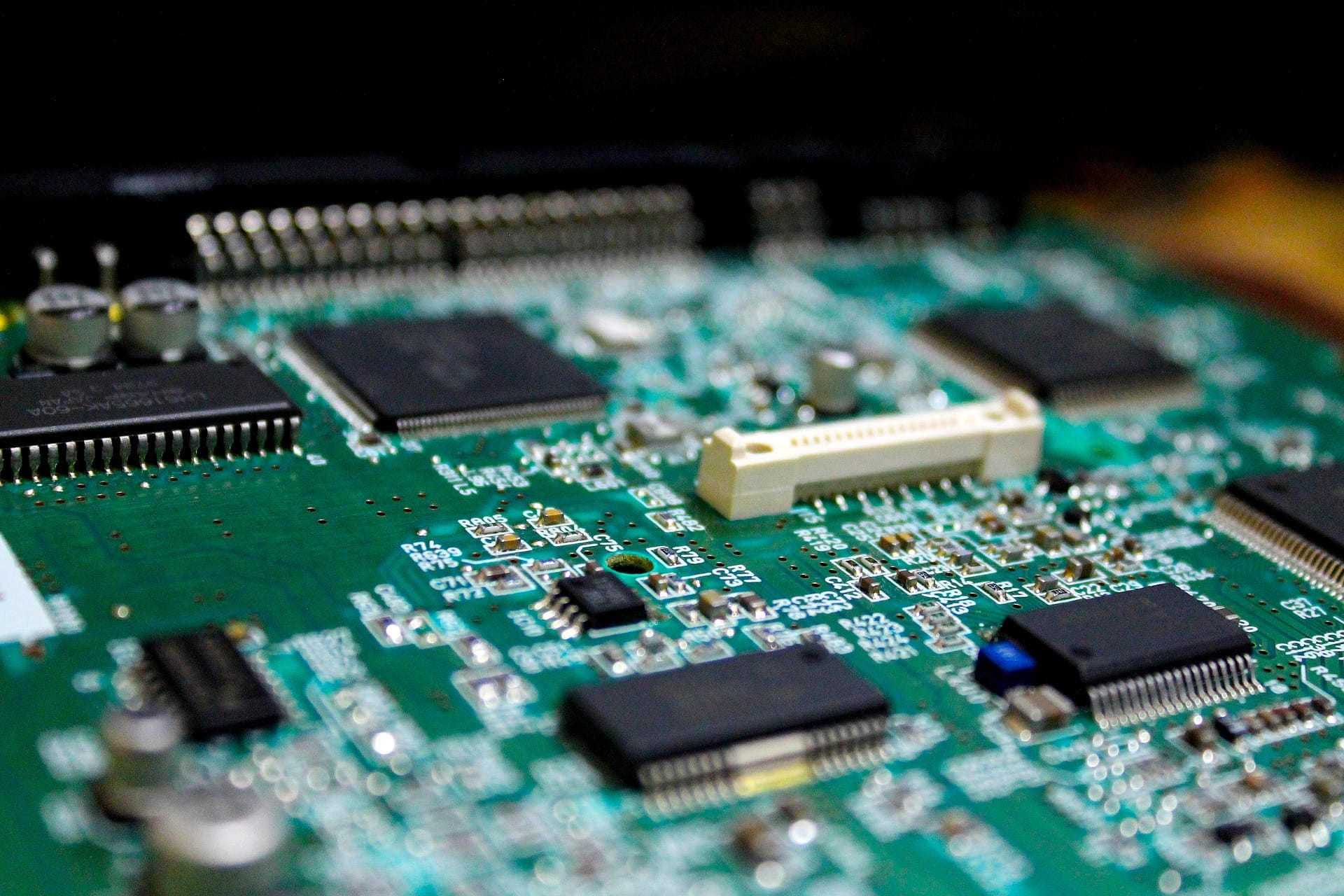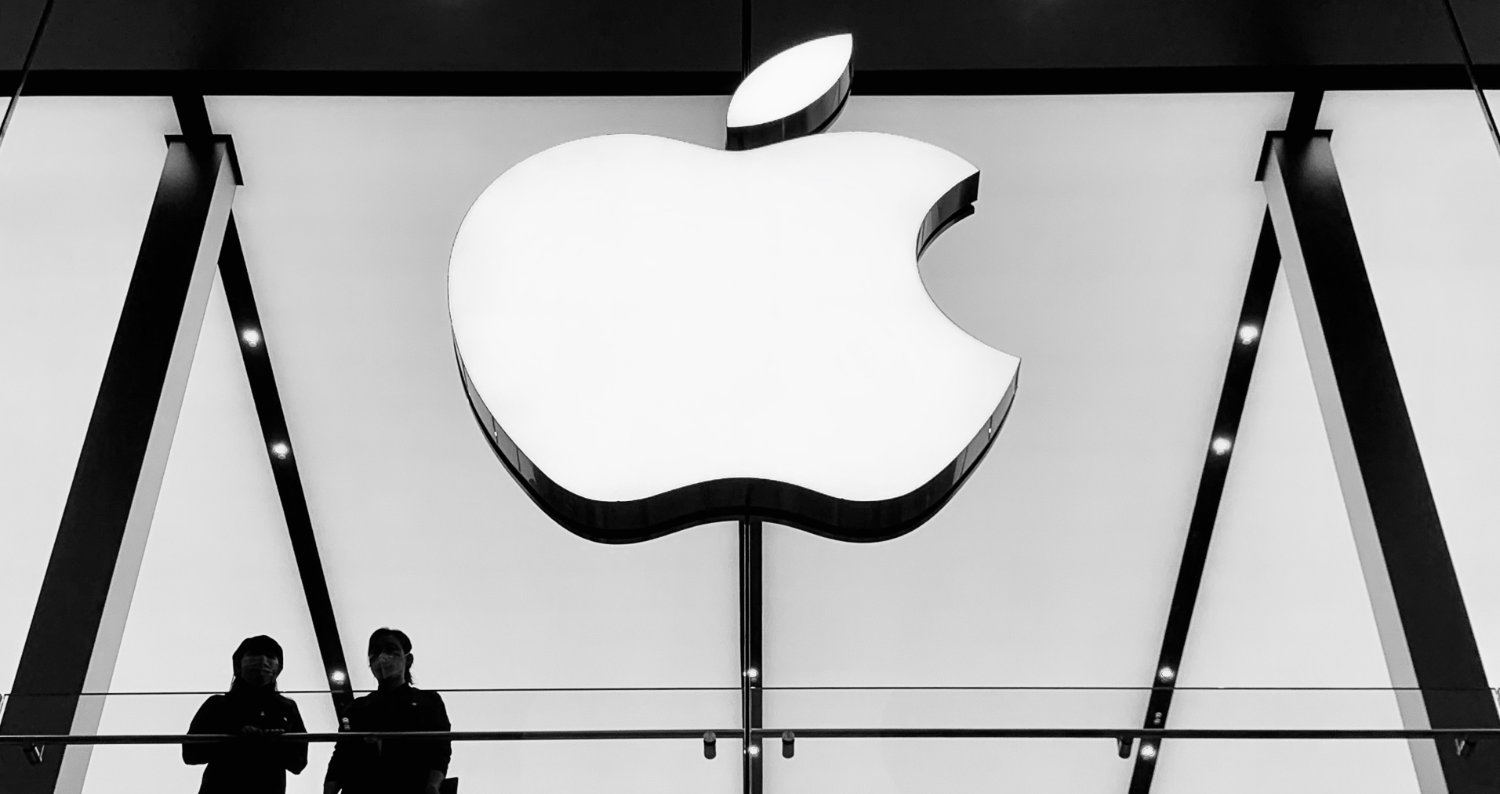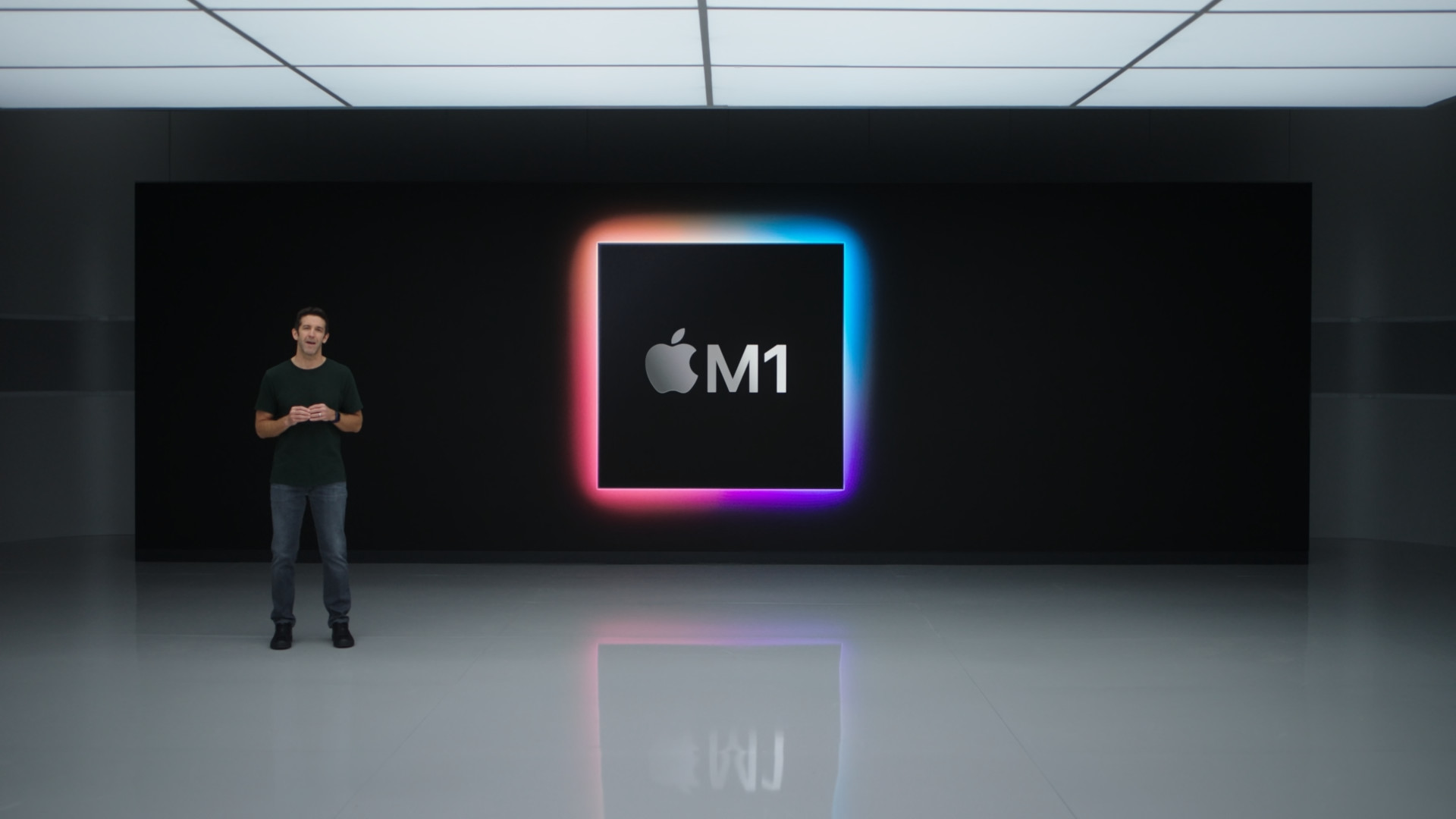Recently, there has been quite a lot of talk about the so-called global shortage of chips, i.e. semiconductors. This is practically the most discussed topic, which, moreover, does not only affect the world of technology, but goes much further. Computer chips are found in practically all electronics, where they play relatively important roles. It does not have to be just classic computers, laptops or phones. Semiconductors can also be found, for example, in white electronics, cars and other products. But why is there actually a shortage of chips and when will the situation return to normal?
It could be interest you

How the chip shortage is impacting consumers
As mentioned above, the shortage of chips, or so-called semiconductors, plays a huge role, since these extremely important components are found in practically all products that we rely on on a daily basis. This is precisely why it is also (unfortunately) logical that the whole situation will affect end consumers as well. In this direction, the problem is divided into several branches depending on which product is currently of interest. While some products, such as cars or Playstation 5 game consoles, may "only" have longer delivery times, other items, such as consumer electronics, may experience price increases.
Remember the introduction of the first Apple Silicon chip with the designation M1. Today, this piece already powers 4 Macs and an iPad Pro:
What is behind the lack
The current situation is most often attributed to the global covid-19 pandemic, which practically changed the world beyond recognition in a matter of days. Moreover, this version is not far from the truth - the pandemic was indeed the trigger of the current crisis. However, one important thing must be noted. The partial problem with the lack of chips has been here for a long time, it just wasn't fully visible. For example, the boom in 5G networks and the trade war between the United States and China, which resulted in the ban on trade with Huawei, also play a role in this. Because of this, Huawei could not purchase the necessary chips from American technology giants, which is why it was literally overwhelmed with orders from other companies outside the USA.

Although individual chips may not be very expensive, unless we count the most powerful ones, there is still a huge amount of money in this industry. The most expensive, of course, is the construction of factories, which not only requires huge sums, but also requires large teams of experts who have extensive experience with something similar. In any case, the production of chips was running at full speed even before the pandemic - among other things, for example, the portal Semiconductor Engineering already in February 2020, i.e. a month before the outbreak of the pandemic, he pointed out a possible problem in the form of a global shortage of chips.
It could be interest you

It didn't take long and the changes that covid-19 served us surfaced relatively quickly. In order to prevent the spread of the virus, students moved to so-called distance learning, while companies introduced home offices. Of course, such sudden changes require suitable equipment, which is simply needed immediately. In this direction, we are talking about computers, laptops, tablets, webcams and the like. Therefore, the demand for similar goods increased significantly, which caused the current problems. The arrival of the pandemic was literally the last straw that started the global shortage of chips. In addition, some factories had to operate only in limited operation. To make matters worse, the so-called winter storms destroyed several chip factories in the US state of Texas, while a disaster halting production also occurred in a Japanese factory, where a fire played a major role for a change.

A return to normal is not in sight
Of course, chip companies are trying to react quickly to current problems. But there is a "small" catch. Building new factories is not that easy, and it is an extremely expensive operation that requires billions of dollars and time. This is precisely why it is of course unrealistic to estimate exactly when the situation could return to normal. However, experts predict that we will continue to face a global chip shortage this Christmas, with improvements not expected until the end of 2022.
It could be interest you











 Flying around the world with Apple
Flying around the world with Apple